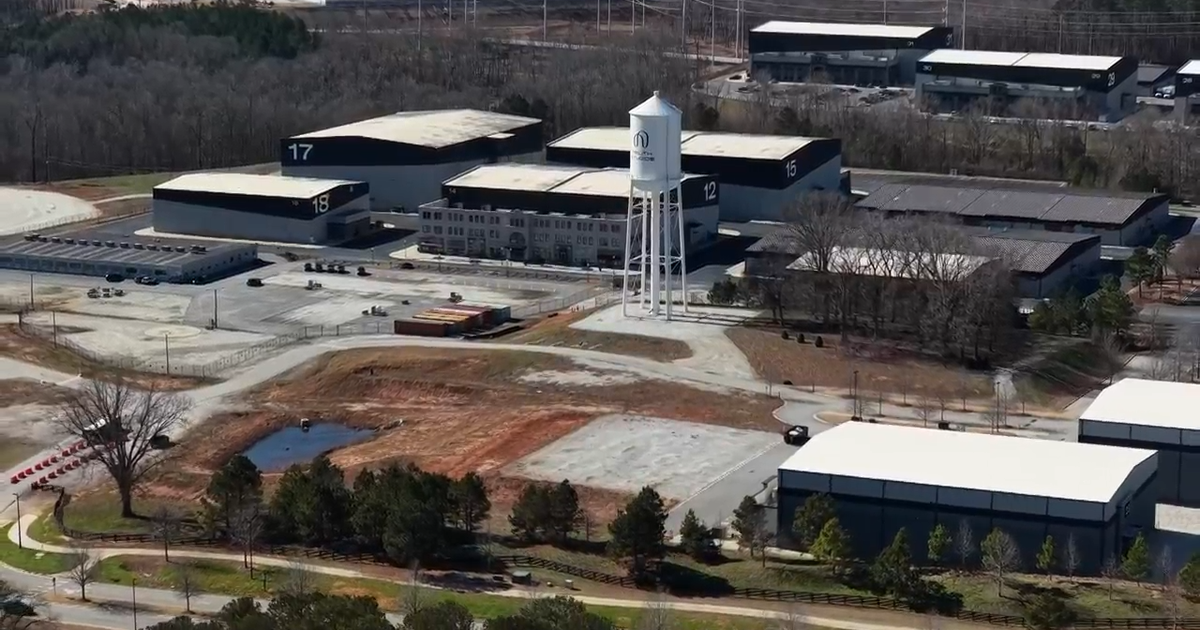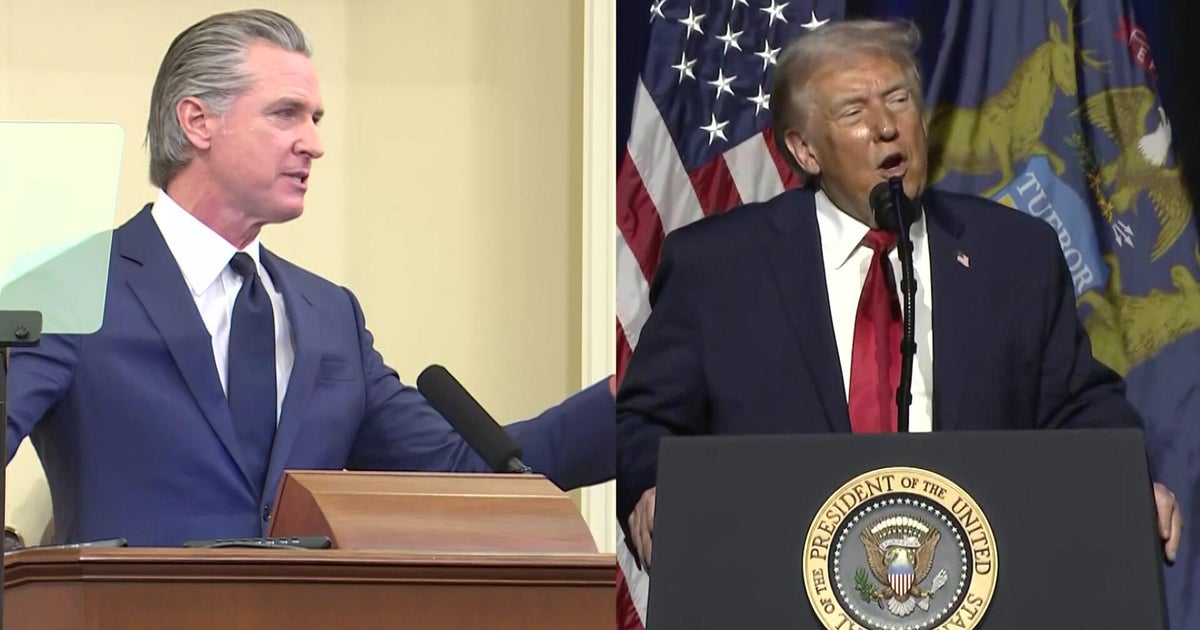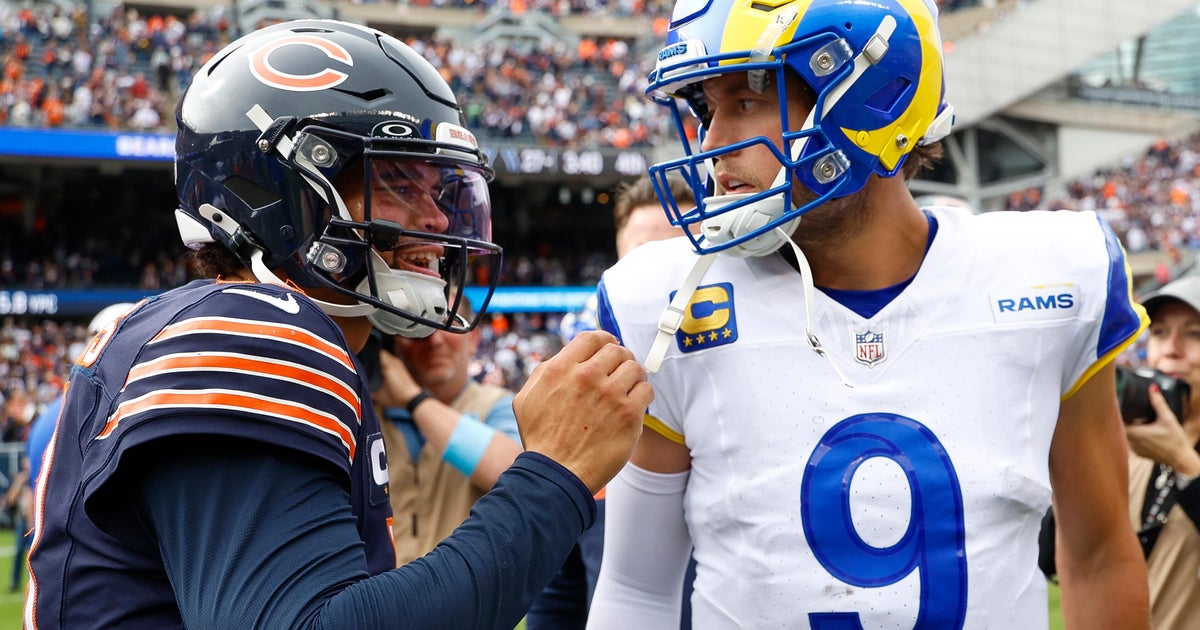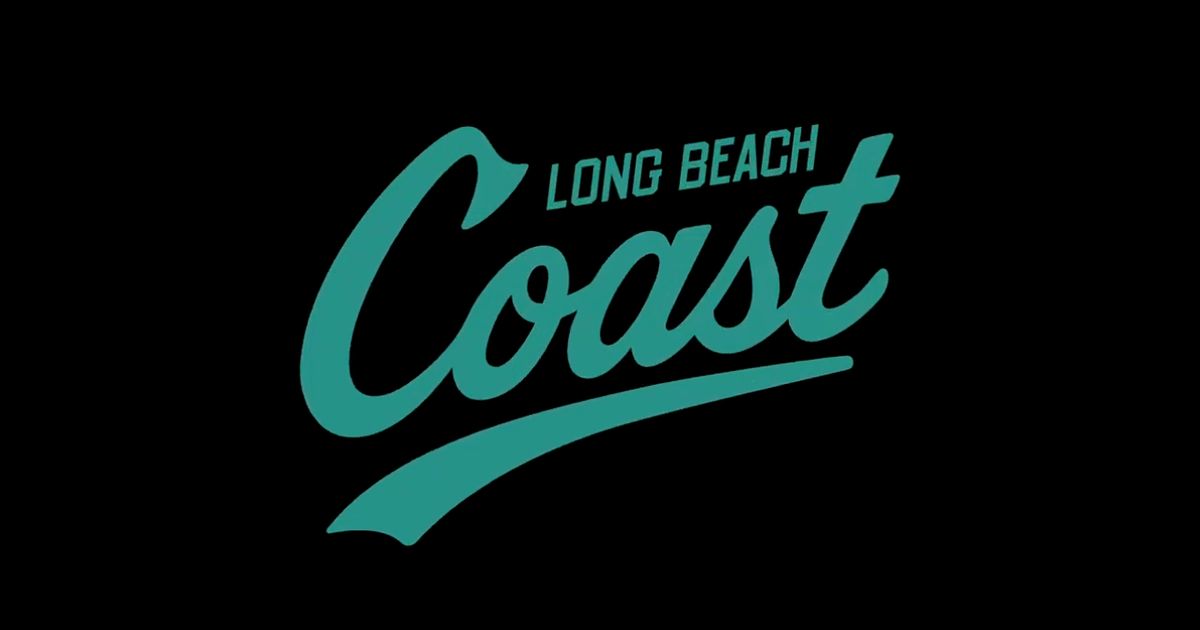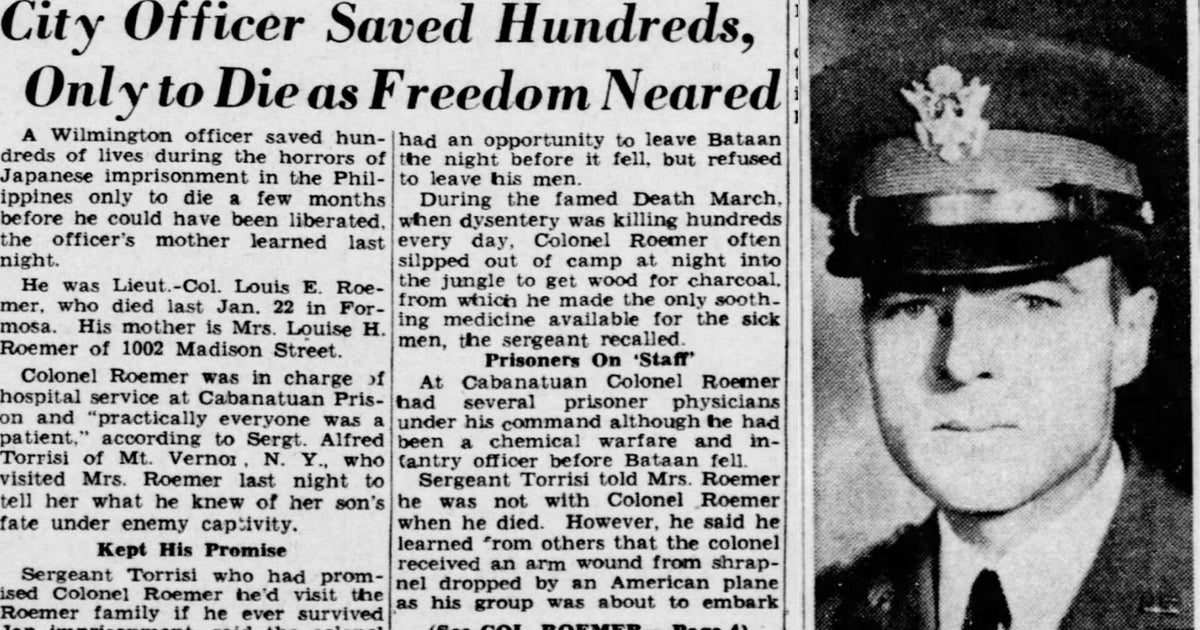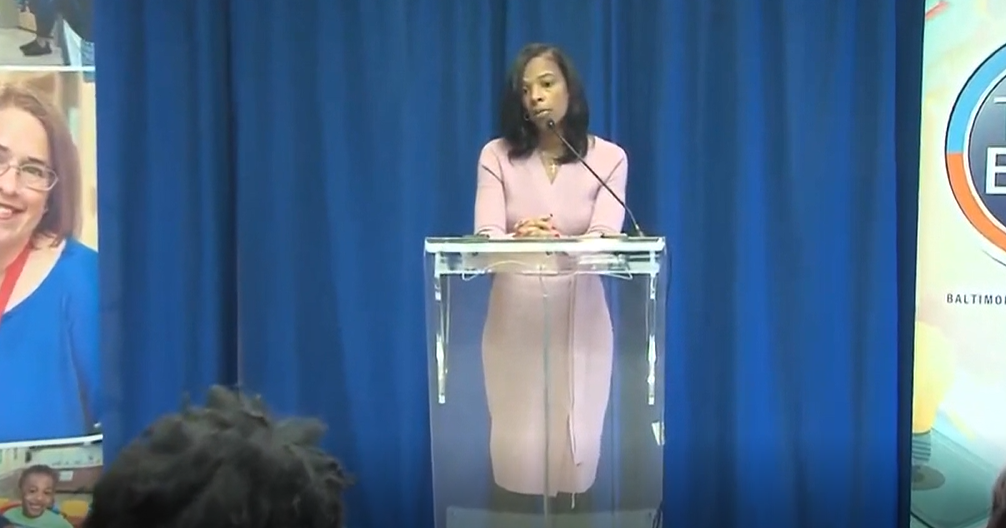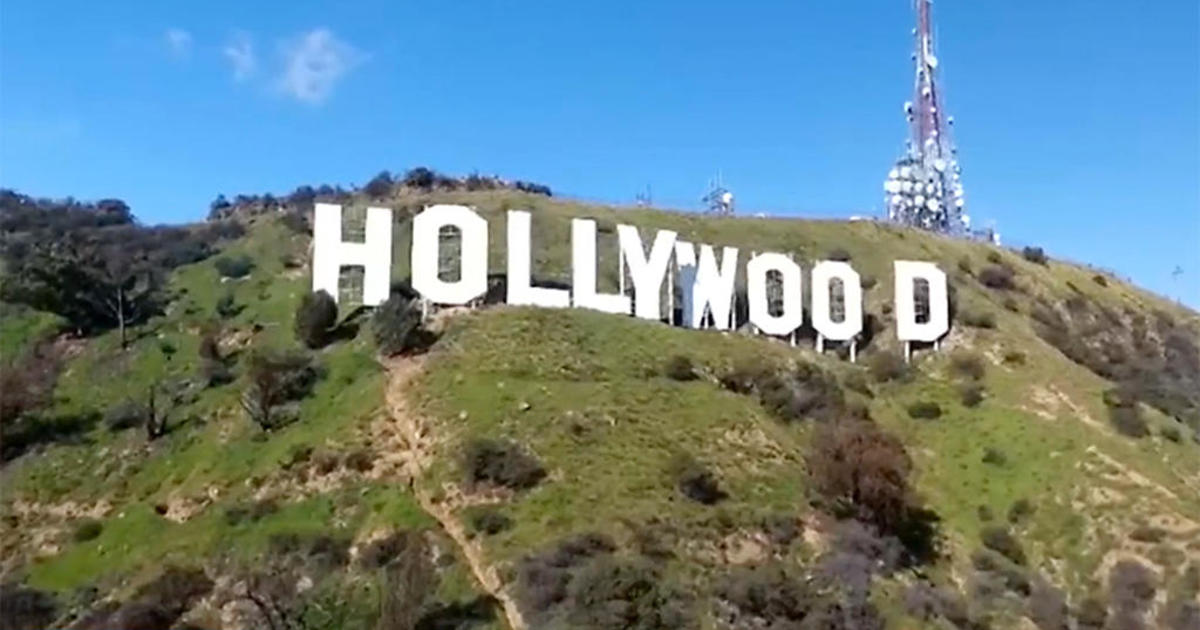Disney To Make New 'Star Wars' Films, Buys Lucas Co.
LOS ANGELES (AP) — A decade since George Lucas said "Star Wars" was finished on the big screen, a new trilogy under new ownership is destined for theaters after The Walt Disney Co. announced Tuesday that it would buy Lucasfilm Ltd. from him for $4.05 billion.
The seventh movie, with a working title of "Episode 7," is set for release in 2015. Episodes 8 and 9 will follow. The trilogy will continue the story of Luke Skywalker, Han Solo and Princess Leia beyond "Return of the Jedi," the third film released and the sixth in the saga. After that, Disney plans a new "Star Wars" movie every two or three years. Lucas will serve as creative consultant in the new movies.
"I'm doing this so that the films will have a longer life," Lucas, the 68-year-old creator of the series and sole owner of Lucasfilm, said in an interview posted on YouTube. "I get to be a fan now ... I sort of look forward to it. It's a lot more fun actually, than actually having to go out into the mud and snow."
Disney CEO Bob Iger said Lucasfilm had already developed an extensive storyline on the next trilogy, and Episode 7 was now in early-stage development. He said he talked with Lucas about buying the company from him a year and a half ago, but they didn't decide on a deal until very recently as Lucas set in motion his retirement.
"The last 'Star Wars' movie release was 2005's 'Revenge of the Sith' — and we believe there's substantial pent-up demand," Iger said.
The blockbuster deal announced Tuesday will see Disney pay half the acquisition price in cash and half in newly issued stock. The company expects it to add to earnings in 2015 and said that as an example of its earnings power, Lucasfilm made $550 million in operating income the year "Sith" came out. Along with the cash, Lucas will end up owning about 40 million Disney shares, which is about 2.2 percent of the 1.83 billion shares that will be in circulation when the transaction closes. Disney did not say when that would happen.
The deal includes Lucasfilm's prized high-tech production companies, Industrial Light & Magic and Skywalker Sound, as well as rights to the "Indiana Jones" franchise. Lucasfilm will continue to be headquartered in San Francisco's Presidio park, and employees are to remain in their current locations. Disney has its headquarters in Burbank, Calif., near Los Angeles.
The deal brings Lucasfilm under the Disney banner with other brands including Pixar, the Muppets, Marvel, ESPN and ABC, all companies that Disney has acquired over the years. Coincidentally, Lucas created Pixar as a division of Lucasfilm to develop computerized filmmaking techniques before he sold it to Apple's Steve Jobs, who later sold it to Disney.
Twitter went wild with the news as fans speculated on mash-up titles for future movies, using the hashtag "DisneyStarWars." Among the amusing attempts were "When You Wish Upon a Death Star" and "Bambi Wan Kenobi." ''Star Wars," ''LucasArts," ''Disney," and "Indiana Jones" were all trending topics on Twitter after the deal was announced late Tuesday afternoon.
Fan club co-founder Ming Pan, a graphic designer in San Francisco, said he was glad audiences would get another "Star Wars" movie but worried whether the franchise would thrive after Lucas passes the torch.
"It's something that I thought may happen down the line, but I just didn't expect it to happen while Lucas was still alive because he has always expressed such a tight control over the 'Star Wars' license," Pan said.
Lucas was hailed as a cinematic visionary when the original "Star Wars" came out in 1977. But he had become an object of often-vicious ridicule by the time he started releasing 3-D versions of all six films in the franchise this year.
Die-hard fans had been vilifying Lucas for years, convinced that he had become a commercial sell-out and had compounded his sins by desecrating the heroic tale that he originally sought to tell.
They railed against him for adding grating characters such as Jar Jar Binks to the prequel trilogy, which Lucas directed and which came out from 1999 to 2005. They attacked him for tinkering with the original trilogy that spanned 1977 to 1983, too. Revisions in special editions and home video releases — such as making the Ewoks blink and having a green-skinned alien named Greedo take the first shot at Han Solo in a famous bar scene — were treated as blasphemy.
The criticism grated on Lucas, who vowed never to make another "Star Wars" movie.
"Why would I make any more when everybody yells at you all the time and says what a terrible person you are?" Lucas told The New York Times earlier this year.
"Indiana Jones and the Kingdom of the Crystal Skull," the fourth film in another lucrative franchise, subjected Lucas to even more barbs when it came to theaters in 2008. Fans of those films were especially outraged about an opening scene that featured Indiana Jones crawling into a lead-lined refrigerator to survive a nuclear bomb blast.
Lucas was fed up by the time he released "Red Tails," a movie depicting the valor of African-American pilots during World War II, earlier this year. He told the Times he was ready to retire from the business of making blockbusters and return to his roots as a student at University of Southern California's film school, where he once made a movie about clouds moving in a desert.
Kathleen Kennedy, the current co-chairman of Lucasfilm, will become the division's president at Disney and report to Walt Disney Studios Chairman Alan Horn. She will serve as executive producer for the new movies. Directors for the new movies have not yet been announced. The movies are destined to be live action, not animated, Iger said.
In the YouTube video, Lucas said the decision to continue with the saga didn't contradict past statements.
"I always said I wasn't going to do any more and that's true, because I'm not going to do any more, but that doesn't mean I'm unwilling to turn it over to Kathy to do more," Lucas said.
He said he has given Kennedy his storylines and other ideas, "and I have complete confidence that she's going to take them and make great movies."
Kennedy added that she and Lucas had discussed ideas with a couple of writers about the future movies and said Lucas would continue to have a key advisory role. "My Yoda has to be there," she said.
The scope of the "Star Wars" universe is staggering with hundreds of books, comics and other storylines that Lucasfilm has approved.
In May 1991, author Timothy Zahn's "Heir to the Empire" took up the story of Luke, Leia and Han five years after the events in "Return of The Jedi," which hit theaters in 1983. The characters go on to fight remnants of the evil Empire, marry, have children and battle a new crop of Force-powered enemies.
Season 5 of the animated series "Star Wars: The Clone Wars" is currently airing on Cartoon Network.
To date, the "Star Wars" movies have grossed $4.4 billion, and even years after the last film, the franchise continues to make money from merchandising. Disney's chief financial officer, Jay Rasulo, said that this year alone, "Star Wars" is on track to generate $215 million in licensing revenue. He added that, adjusting for inflation, the latest three releases in theaters would have generated $1.5 billion each at the box office today.
Disney plans to make movies, games and TV shows and expand on "Star Wars" theme park attractions that are already present in parks in Anaheim, Calif., Orlando, Fla., Paris and Tokyo.
Disney chief executive Iger, a former weatherman who rose through the ranks of ABC, has orchestrated some of the company's biggest acquisitions, including the $7.4 billion purchase of animated movie studio Pixar in 2006 and the $4.2 billion acquisition of comic book giant Marvel in 2009.
Jobs bought Pixar from Lucasfilm in 1986 for about $5 million and later sold it to Disney. When that happened, Jobs became Disney's largest single shareholder with a 7.7 percent stake. Those shares are now held in a trust.
Disney shares were not trading with stock markets closed due to the impact of Superstorm Sandy in New York. They closed on Friday at $50.08, near its 52-week high of $53.40. Shares are up 34 percent so far this year.
(© Copyright 2012 The Associated Press. All Rights Reserved. This material may not be published, broadcast, rewritten or redistributed.)
